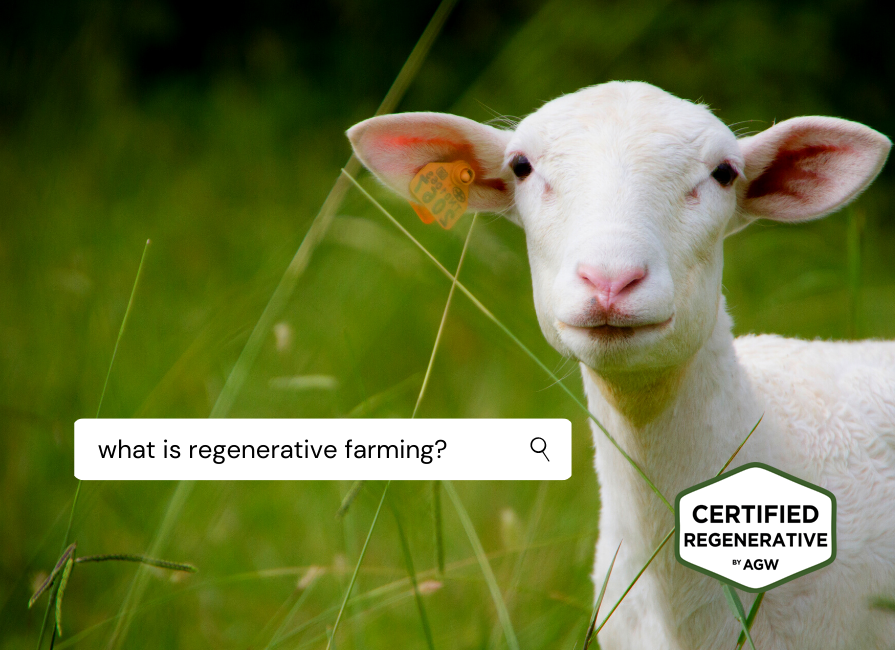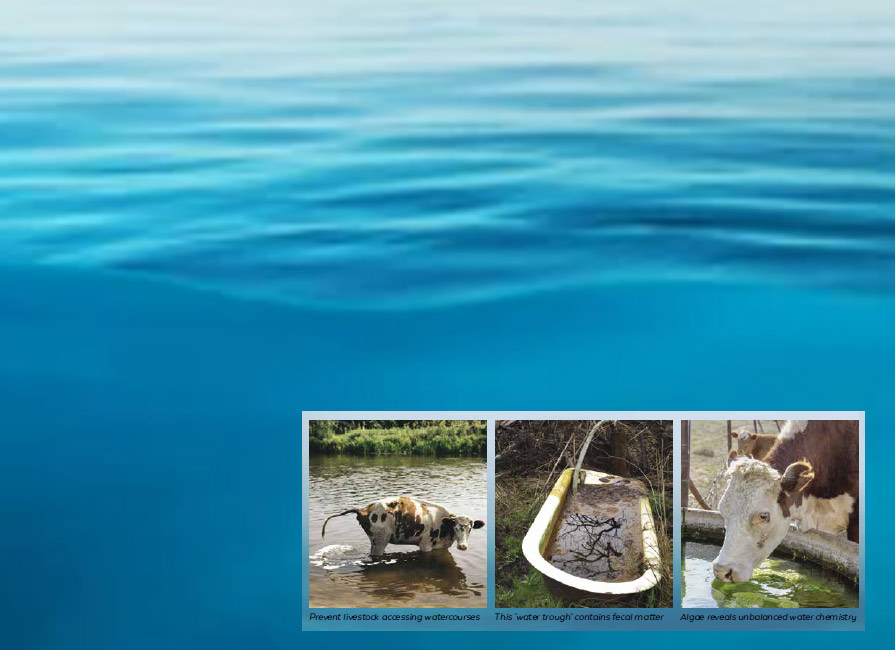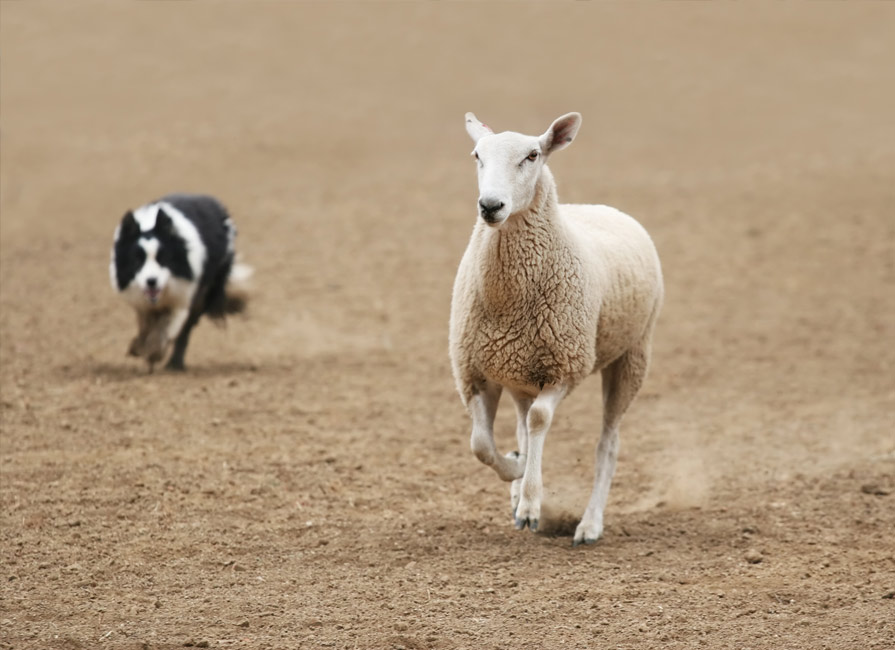Water is arguably the most important nutrient on earth. It is “the universal solvent,” providing…

What is “Regenerative”? 9 Reasons You Should Care
Regenerative farming is our best hope for feeding ourselves without destroying the planet. But what does “regenerative” really mean? Here’s our definition—and 9 reasons why you should care about it.
To “regenerate” means to be formed or created again, restored to a better, higher, or more worthy state, to generate or produce anew, or to restore to original strength or properties (source: Merriam Webster).
At A Greener World, we see regenerative farming as a set of life-promoting practices that improves soil health, water conditions, air quality, and biodiversity. It is a whole-farm, place-based approach that regenerates the earth by restoring life and reducing extractive practices.
Want to learn more about regenerative? Watch this free webinar.
As our planet teeters towards an irreversible tipping point, here are 9 ways regenerative farming can save us:
- Healthy soils. Minimizing erosion and managing nutrients, soil biodiversity and carbon sequestration helps plants and animals thrive—and grows healthier food.
- Clean water. Testing water quality and using practices that keep harmful chemicals and fertilizers out of our waterways helps keep water clean for neighbors downstream.
- Clean air and lower emissions. Baseline assessments help farms maximize air quality and minimize fossil fuels.
- Animal welfare. Happy, healthy animals that live on pasture are an essential part of the restored ecosystem as they graze, naturally fertilize, and help store carbon in the soil to mitigate global warming.
- Responsible practices. Farming without harmful GMOs, glyphosate, or neonicotinoids helps ensure that feeding ourselves doesn’t cost the Earth.
- Biodiversity. Having a wide variety and diversity of plants, animals, insects and more ensures the balance of life is preserved and makes our ecosystems more resilient.
- Low-impact building. Repurposing buildings and ensuring energy-efficient, conscientious design ensures human infrastructure doesn’t negatively impact the surrounding environment.
- Fair treatment for workers. Farms that are Certified Regenerative by AGW pay workers a living wage, respect their rights and prioritize their safety and wellbeing.
- Thriving local communities. Regenerative farms are socially and environmentally accountable, interconnected, hire locally and give back to their communities.
Truly regenerative farming, like the practices certified by A Greener World, ensures continuous, measurable improvements in all these areas. If we care about our planet, our food, and each other, we should care about regenerative—and we shouldn’t settle for anything less.
So now you know what regenerative means to us (and maybe you too!). How can you be sure a product is really regenerative? Watch our free regenerative webinar here or learn about our newest label, Certified Regenerative by AGW.
If you’re a farmer and you are interested in what it would mean for your farm to become Certified Regenerative by AGW, visit our website here.



